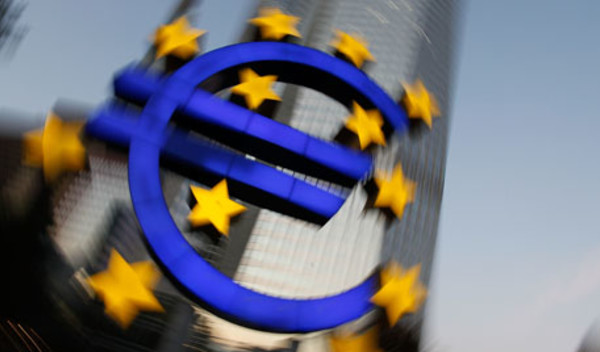

Multi-manager Tony Lanning has slashed his exposure to US stocks and made a big move on Europe.
In his highest-risk fund, the JPMorgan Fusion Growth Plus fund, the manager had 40 per cent in the US mid-2014. This has been cut to 23 per cent.
The move came ahead of last month’s announcement by European Central Bank president Mario Draghi of an ambitious quantitative easing programme. The plan is to spend €60bn (£44.5bn) a month on sovereign bonds from March until the end of next year.
Even though the move was heavily signalled, it has already helped drive stocks in Europe higher. Many say it will have a similar impact to monetary easing measures in the US and UK.
The manager said even though there were “headwinds” – such as Greece trying to renegotiate the terms of its bailout, and the conflict in Ukraine – overseas investors were running out of excuses for avoiding investing in the Continent.
But he warned the stockmarket in Europe may react differently to how the US market did when stimulus measures were unleashed there.
“What happens in Europe will be different to what happened when quantitative easing happened in the US,” he said. “In the US, investors just bought the rubbish stuff.”
According to Mr Lanning, a so-called ‘dash for trash’ might not be the best strategy when it comes to Europe. He said he recently purchased the Wellington Strategic European fund, which he said focused on strong brands and companies that perform through the cycle.
The preference for safer stocks “could be wrong”, he added, but said his exposure to the Dublin-domiciled TT European Equity fund provided him with a weighting in more economically sensitive stocks, which would perform in the event of a strong, sharp rally.
In a recent commentary, TT fund manager Dean Smith suggested the impact of Mr Draghi’s measures could have a marked impact on growth.
“A weaker currency could increase eurozone GDP growth by 0.6 per cent in 2015,” he said. “Lower oil prices may add up to 0.9 per cent more, and government spending another 0.5 per cent. Thus, European growth might well surprise on the upside.”
However, Mr Smith noted that the political risk was “escalating”, given the election win by Syriza in Greece and the rising prominence of anti-austerity parties in other countries.
Since its launch in March 2013, Mr Lanning’s fund has narrowly underperformed his composite benchmark.
His 14.2 per cent return is just behind the 17 per cent from the benchmark, which consists of equities, bonds, commodities and hedge funds.
The Fusion range is made up of five portfolios – Income Fund, Conservative Fund, Balanced Fund, Growth Fund and Growth Plus Fund – and is spread across the risk and return spectrum.


